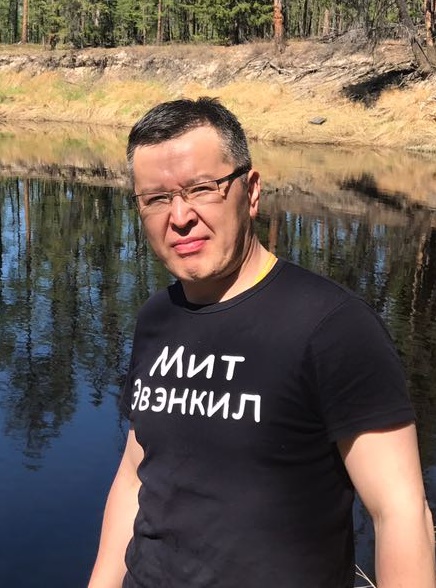The publication deals with the interaction of religions in the Evenki society since the 17th century. The author considers the process of Christianization of various Evenki groups, among whom the spread of the influence of the new religion was significantly different. The reasons for the formal status of the Christian religion among the majority of Evenk groups are outlined. Information about the history of the penetration of Buddhism into the environment of the Evenks of Transbaikalia is given, which is associated with the acquisition of ethnographic traditions of cattle breeding in close cultural relationships with Mongolian groups and clans. The reasons for the loss of the traditions of Evenk shamanism, associated with the repressive state policy in the 1930–40s, are indicated and the degradation of the cultural traditions of the ethnos in the second half of the 20th century. The article presents a picture of worldview and religious preferences in modern Evenk society, characterized by the coexistence of atheistic, Christian, Buddhist, and pagan (shamanic) views. The perspectives of Evenk shamanism are analyzed, which are associated with the probable change in the moral and ethical social norms of human society towards the ecological thinking characteristic of the minority ethnic groups of Siberia. According to the author, it is expected that there will be a transformation of the demanded pagan traditions in the process of their adaptation to the objective conditions of the era of globalization.
Keywords: Evenki, shamanism, Christianity in Siberia, Buddhism in Transbaikalia, noosphere, transformation of ethnic worldview
DOI: 10.22250/2072-8662.2021.2.17-27
About the author
 |
Alexander N. Varlamov – DSc (Philology), Senior Researcher at the North philology Department, The Institute for Humanities Research and Indigenous Studies of SB RAS; |






